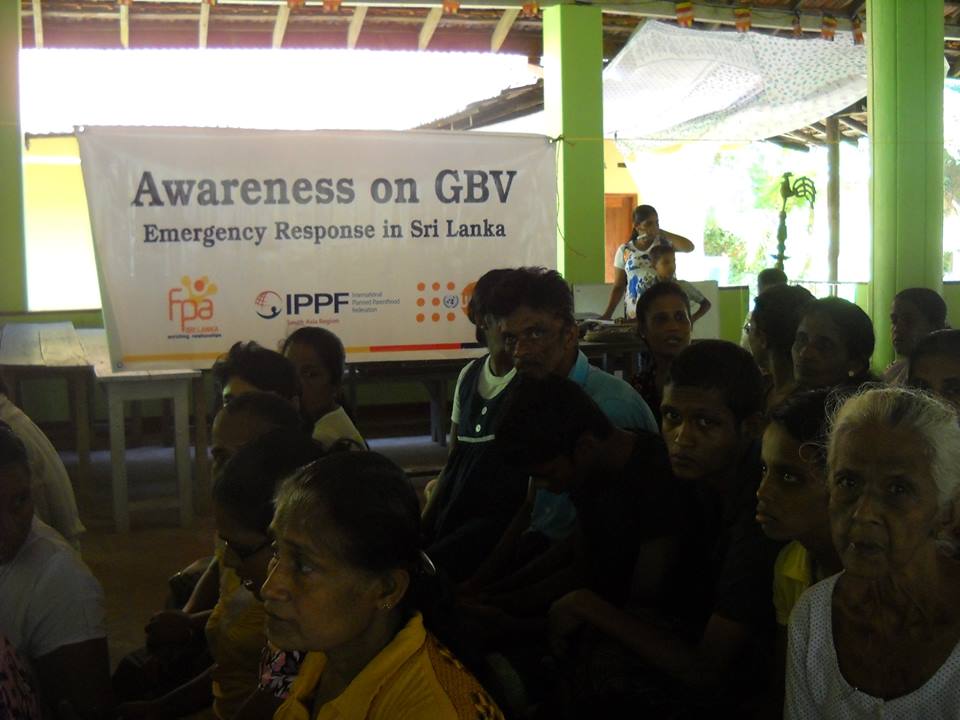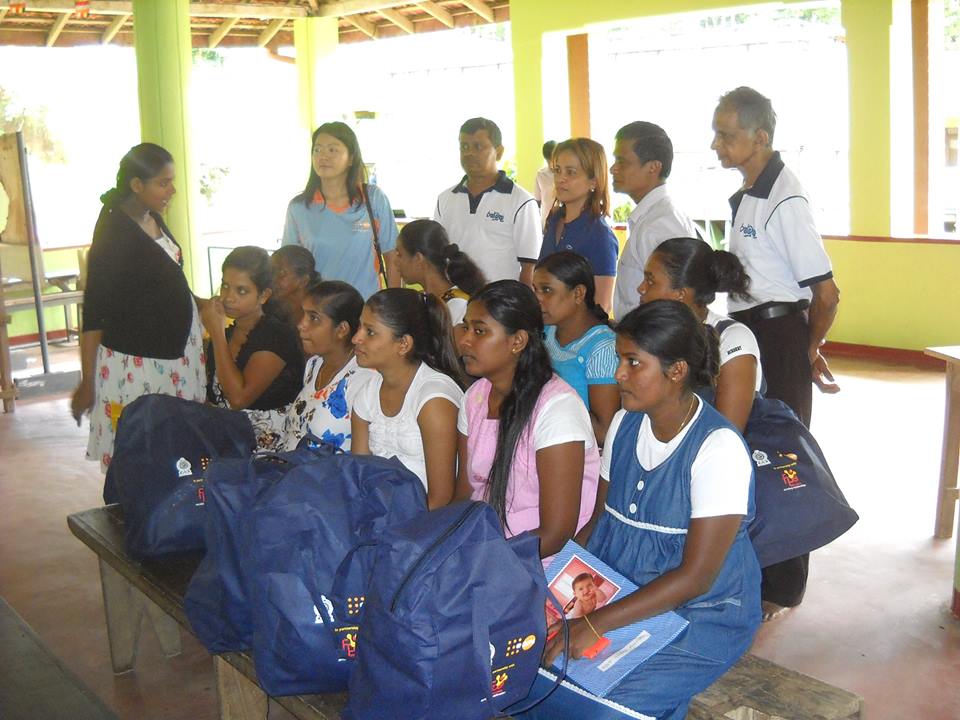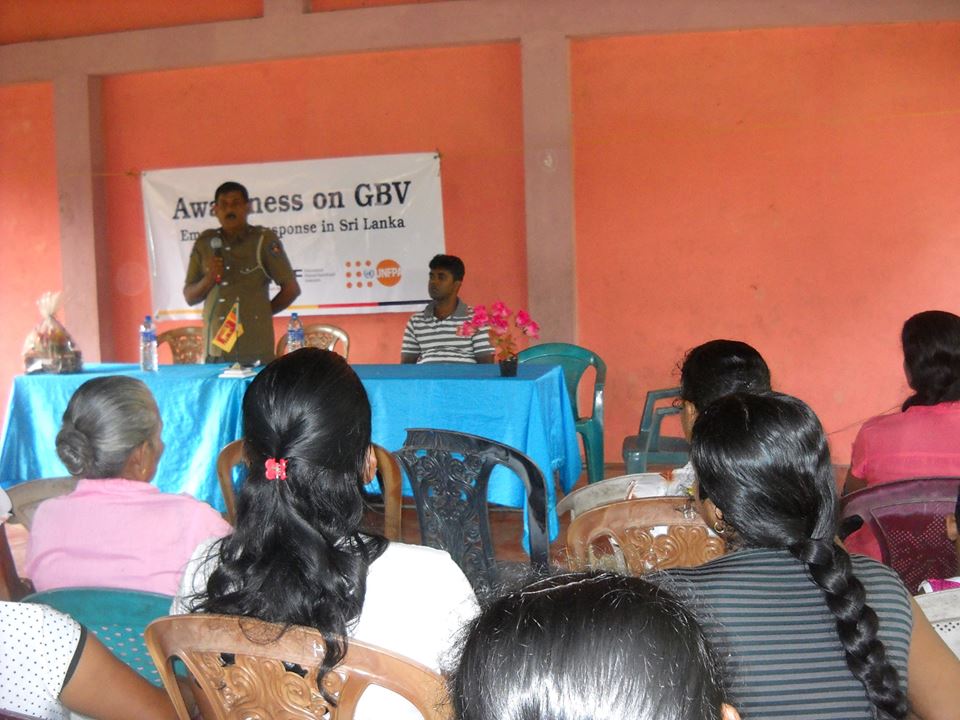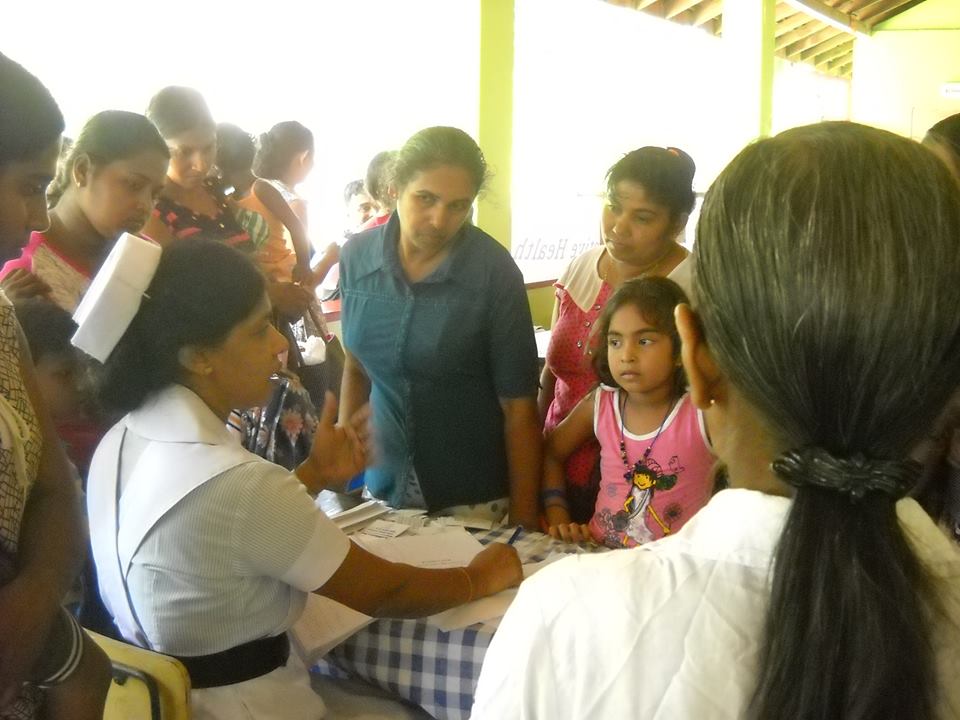Responding to Gender-Based Violence in emergencies

Problems related to sexual and reproductive health are the leading cause of death and ill health globally for women of childbearing age. In crises, this vulnerability increases as access to services decreases. Sexual and gender-based violence is widespread, sexually transmitted infections, unintended pregnancies, unsafe abortion, maternal morbidity or death escalates.
IPPF pioneered the internationally recognized Minimum Integrated Service Package (MISP). This is a package of standards to be enforced in all humanitarian settings to prevent and manage the consequences of sexual violence and to prevent neonatal and maternal mortality.
In response to the flooding and deadly landslides that affected people in the districts of Gampaha, Galle, Hambantota, Kalutara, Kegalle, Matara and Ratnapura, FPA Sri Lanka under MISP , IPPF Humanitarian Project used Australian Government - Department of Foreign Affairs and Trade's (DFAT) prepositioned funds to provide dignity kits to those affected. Other interventions included the conducting of Reproductive Health clinics with special focus on HIV and STI’s that was held in collaboration with the General Health Clinic that was established by the Government.
During emergencies, people are forced to live in overcrowded settlements. There can be a breakdown of law and order. A situation of such instability can cause insecurity and fear and the need to depend on others for assistance. It is at these times that people become more vulnerable to violence. Generally, women and children are even more at risk for abuse, assault and exploitation.
It is to this end that a series of awareness sessions on Gender-Based Violence for children, adolescents and women are being carried out as continued support to affected persons to ensure necessary support is provided during the ongoing resettlement process. (20 such programmes will be held in partnership with UNFPA Sri Lanka and another 17 under IPPF Humanitarian Project.)
All activities are implemented in partnership with the Ministry of Health and the Ministry of Disaster Management.



.png)


